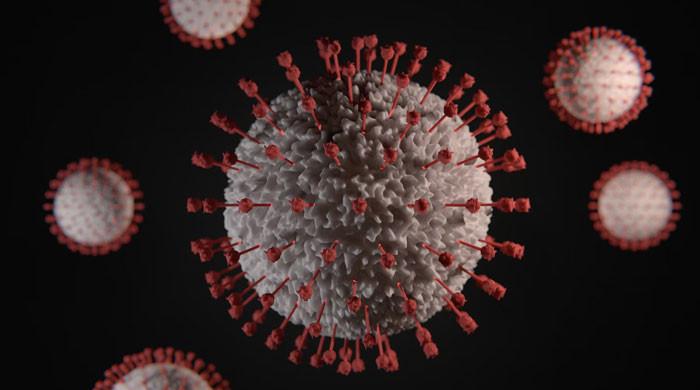Over 772 million confirmed cases and nearly 7 million deaths have been reported globally, WHO says
ISLAMABAD: The number of new COVID-19 cases has increased by 52% in the last 28 days, starting from November 20 to December 17, 2023, as compared to the previous 28-day period, with over 850,000 new cases reported, the World Health Organisation (WHO) said on Sunday.
Although the number of new deaths decreased by 8% as compared to the previous 28-day period, with over 3,000 new fatalities reported, as of December 17, 2023, over 772 million confirmed cases and nearly seven million deaths have been reported globally.
WHO today issued a new COVID-19 epidemiological update on the global and regional situation, with information on hospitalisations and ICU admissions, and updates on the variants of Interest and variants under monitoring.
During the period from November 13 to December 10, over 118,000 new COVID-19 hospitalisations and over 1,600 new intensive care unit (ICU) admissions have been recorded with an overall increase of 23% and 51%, respectively, amongst the countries reporting consistently within the current and past reporting periods, WHO said.
As of December 18, JN.1 — a sub-lineage of BA.2.86 Omicron variant — has been designated a separate variant of interest (VOI) apart from its parent lineage BA.2.86 due to its rapid increase in prevalence in recent weeks. Globally, EG.5 remains to be the most reported “variant of interest”.
Earlier, WHO had said that due to its rapidly increasing spread, the organisation is classifying the variant JN.1 as a separate variant of interest (VOI) from the parent lineage BA.2.86. It was previously classified as VOI as part of BA.2.86 sublineages.
Based on the available evidence, the additional global public health risk posed by JN.1 is currently evaluated as low. Despite this, with the onset of winter in the Northern Hemisphere, JN.1 could increase the burden of respiratory infections in many countries.
WHO is continuously monitoring the evidence and will update the JN.1 risk evaluation as needed.
Current vaccines continue to protect against severe disease and death from JN.1 and other circulating variants of SARS-CoV-2, the virus that causes COVID-19.
COVID-19 is not the only respiratory disease circulating. Influenza, Respiratory syncytial virus (RSV) and common childhood pneumonia are on the rise.
WHO advises people to take measures to prevent infections and severe diseases using all available tools which include the following:
- Wear a mask when in crowded, enclosed, or poorly ventilated areas, and keep a safe distance from others, as feasible.
- Practice respiratory etiquette — covering coughs and sneezes.
- Clean your hands regularly.
- Stay up to date with vaccinations against COVID-19 and influenza, especially if you are at high risk for severe disease.
- Stay home if you are sick.
- Get tested if you have symptoms, or if you might have been exposed to someone with COVID-19 or influenza.















































